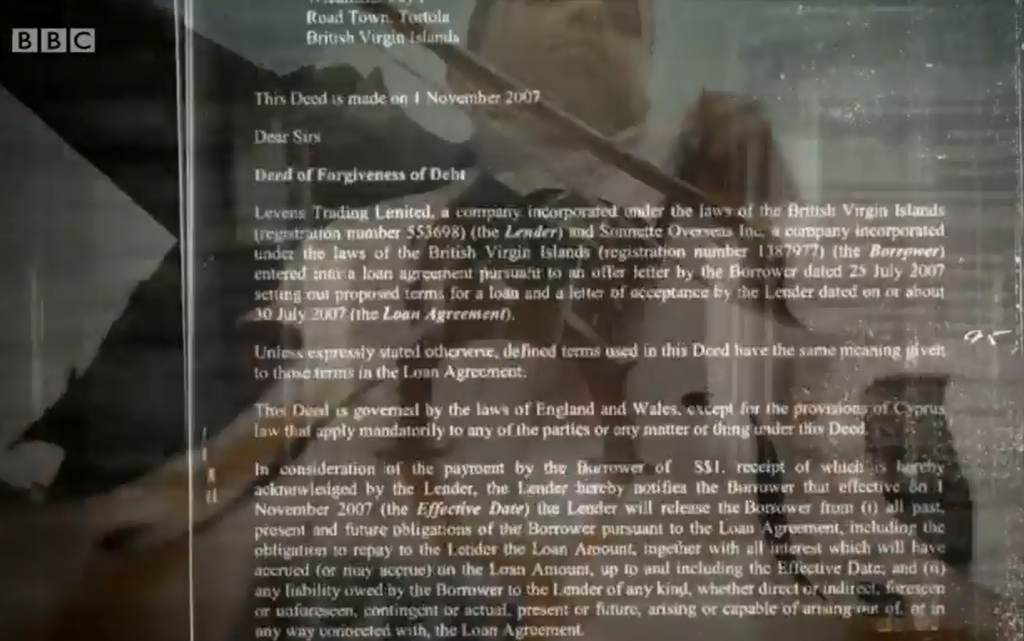Britain shows utter disregard to the right of self determination of the people of Diego Garcia, yet claims it as inalienable for the Falklanders. Evidently it is a vital universal right, except for rather dusky people.
The corporate media have universally demonstrated their inability to understand any complex situation, in reporting the UN Commission on the Limits of the Continental Shelf’s determination on Argentina. Here is a quick guide to what really was decided.
Every state is entitled to claim a territorial sea of up to 12 miles, which is treated legally as part of the territory of the country. Every country can also claim an exclusive economic zone (EEZ) of up to 200 miles. This is an area where the law of the country does not apply except in relation to its exclusive right to the economic exploitation of the mineral and living resources of the sea and seabed.
It is worth mentioning a few caveats. Obviously where there is another country nearby, boundaries are to be determined either bilaterally or by an international court. There is no right to obstruct innocent passage of marine vessels, although traffic lanes and other safety measures are permissible. Finally only inhabited land can generate an exclusive economic zone. Uninhabited rocks and artificial islands are both specifically excluded by the UN Convention on the Law of the Sea (UNCLOS), which is why China’s extravagant claims in the South China Sea are rubbish. China is a party to UNCLOS.
But beyond the 200 mile EEZ states may also claim the right to minerals in the seabed within the limits of the continental shelf. This is where there is a natural submerged projection of the same geological structure as the land, which proceeds out more than 200 miles. As this submerged shelf generally was once dry land, there is a chance it contains hydrocarbons. The UK is possibly the biggest beneficiary of the continental shelf margin provision, with its shelf stretching into the Atlantic (mostly Scotland’s shelf, in fact). It was the UK which led the inclusion of this provision for continental shelf beyond 200 miles.
Incidentally the continental shelf provision does not give rights to the fish above it beyond the 200 mile EEZ.
Past the limit of the continental shelf, there is very little chance of hydrocarbons (though some, by seepage). In this area, known as the deep sea bed, licences for mineral exploitation are to be given by an international authority which will also levy taxes to be used for the general good of mankind. For twenty tears American objection to this provision stalled the entry into force of the whole of UNCLOS. I am proud to say that I played a leading role in negotiating the protocol that resolved this dispute, as a member and sometimes Head of the UK Delegation to the negotiations. But minerals from the deep sea bed (of which manganese was viewed as most viable) remain a future prospect.
Obviously, there needs to be international agreement of where continental shelf limits lay and the deep sea regime starts. The large majority of eligible continental shelf states have submitted their claim to the UN for approval. Argentina was simply following absolutely normal procedure in doing this. The determination of the limit of the continental shelf is a geological question decided purely on scientific grounds. The UN committee has stated that Argentina’s continental shelf extends 350 miles (this will not be uniform; there will be a map).
There is no reason at all to question this. Indeed this gives Argentina a very similar shelf to the UK’s (really Scotland’s) in the Atlantic. This has nothing whatsoever to do with the Falklands.
The Falklands are sat on this continental shelf. The UN simply note the continuing dispute between the UK and Argentina over ownership. But the vast majority of Argentina’s continental shelf is unaffected by the Falklands. Even if the Falklands are viewed as a separate state with full maritime rights, it would not affect more than 5% of Argentina’s continental shelf.
In fact, the UN has simply ruled on where the continental shelf lies, and noted that part of its ownership is disputed. The orgy of UN-bashing in the British corporate media is based on the totally false notion that the UN has stated that Argentina owns the shelf around the Falklands. It has not said that.
Personally I find the British hypocrisy over the Falklands nauseating, particularly when contrasted to the deplorable ethnic cleansing of the Chagossians from their islands to make way for the US military base on Diego Garcia, which the British government refuses to reverse. To make a dispute ever more intractable through militaristic jingoism is not responsible behaviour.
On the centenary of the Easter Rising, it is extraordinary that from Thatcher in the Falklands to Blair in Iraq, Afghanistan, Kosovo and Sierra Leone, to Cameron in Libya and Syria, we should be living through such a resurgence in British Imperialism.







